This website uses cookies so that we can provide you with the best user experience possible. Cookie information is stored in your browser and performs functions such as recognising you when you return to our website and helping our team to understand which sections of the website you find most interesting and useful.
microbial childhood collaboratory
research project and network
Global, 2021-
microbial childhood collaboratory
research project and network
Global, 2021-
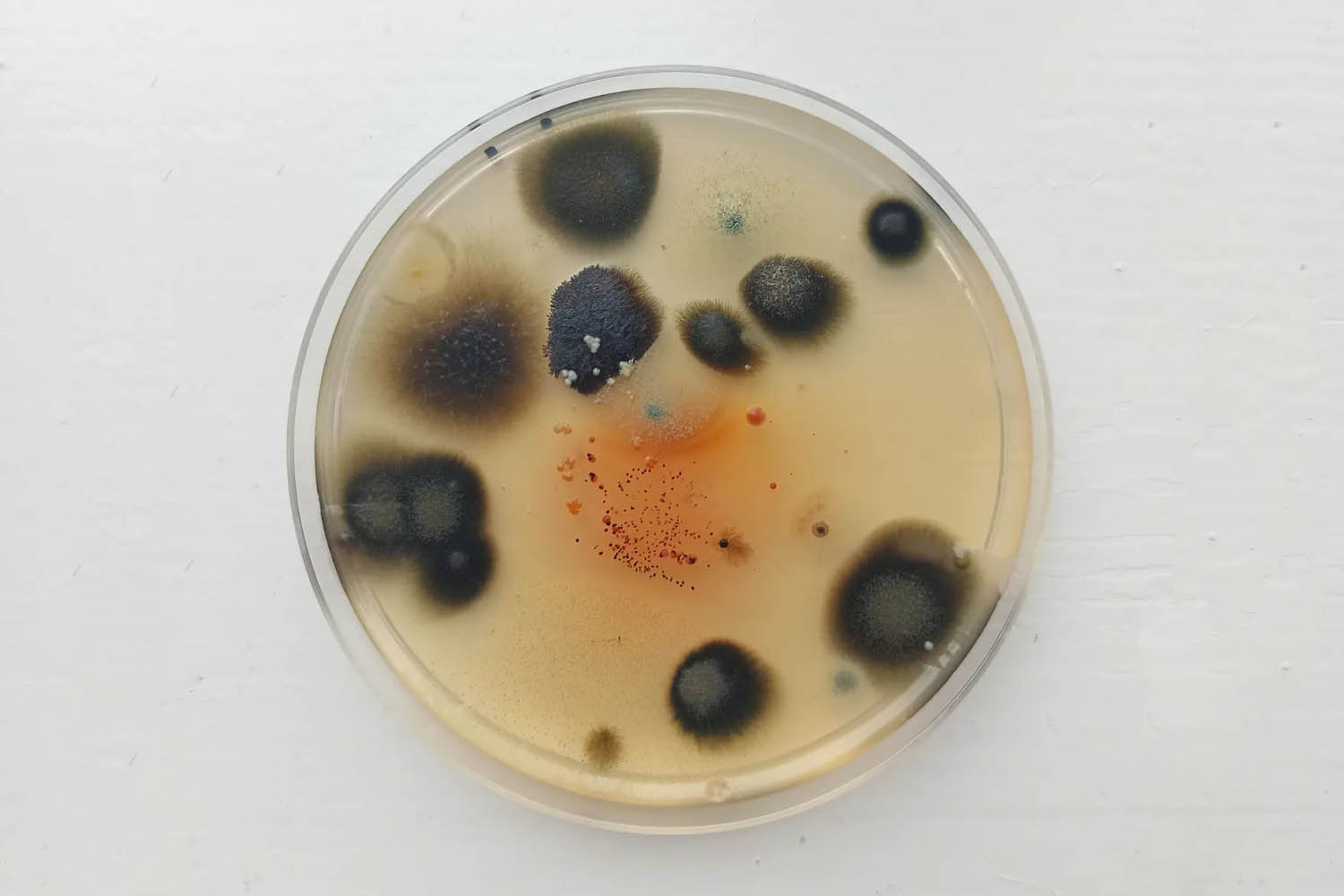
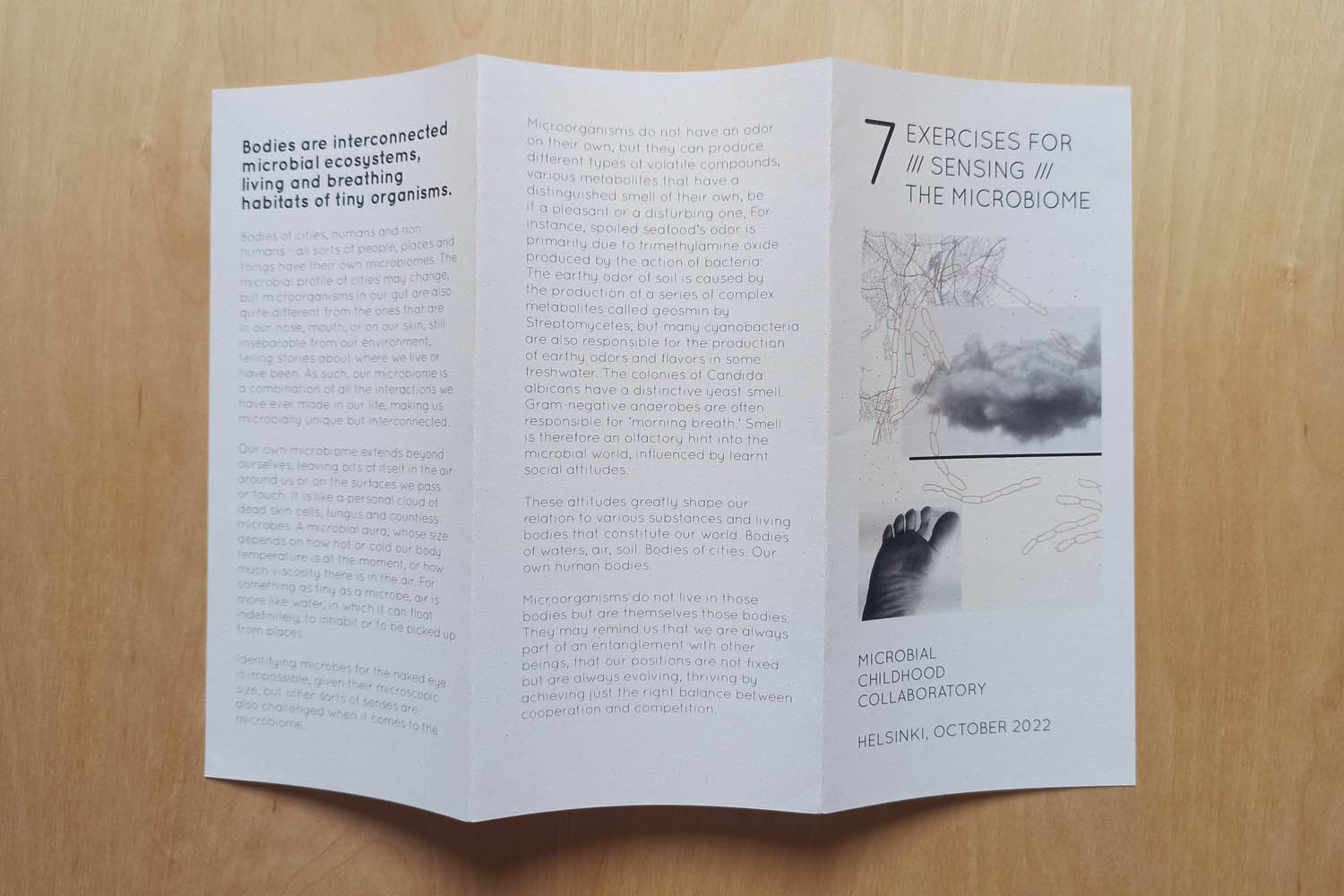
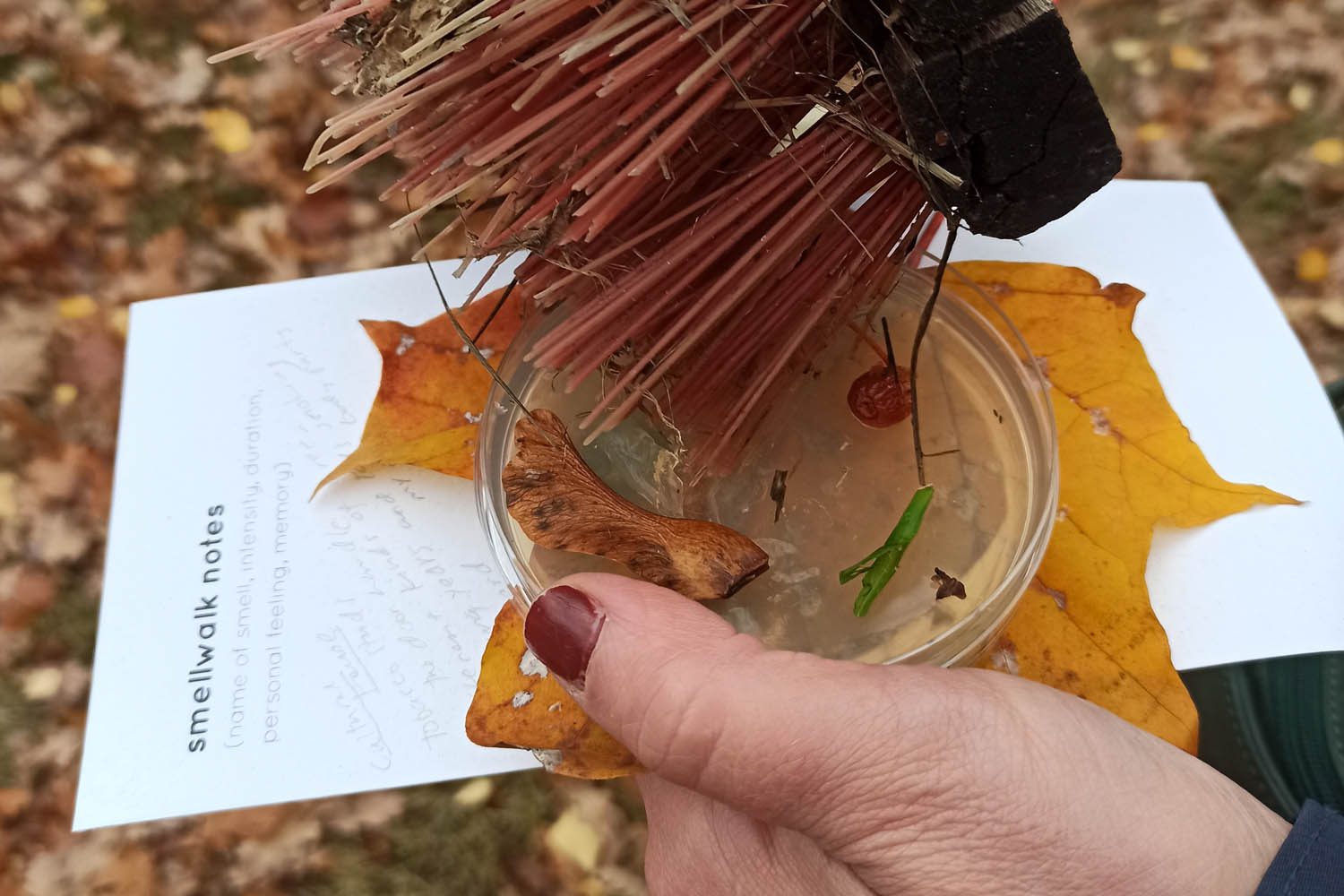
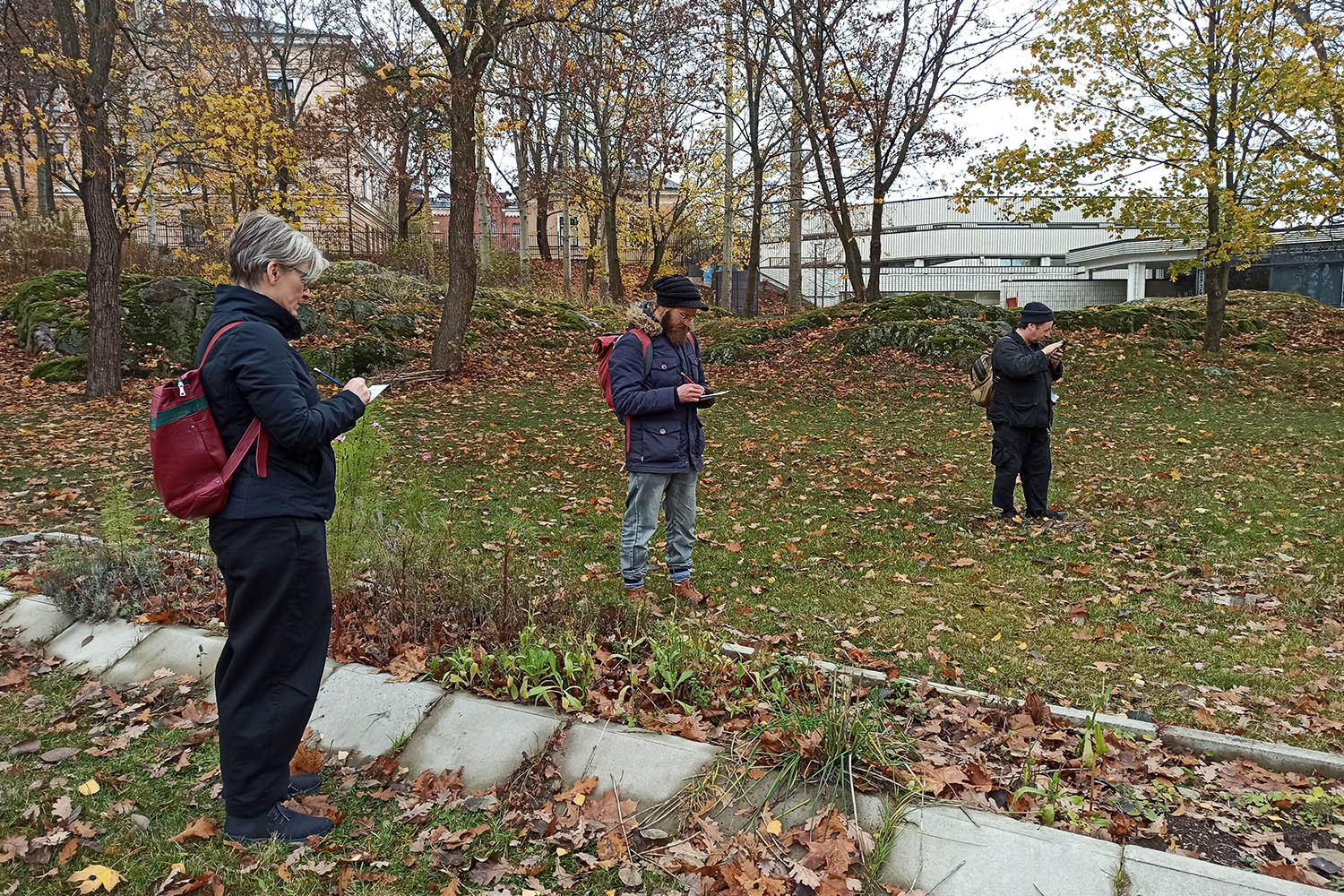
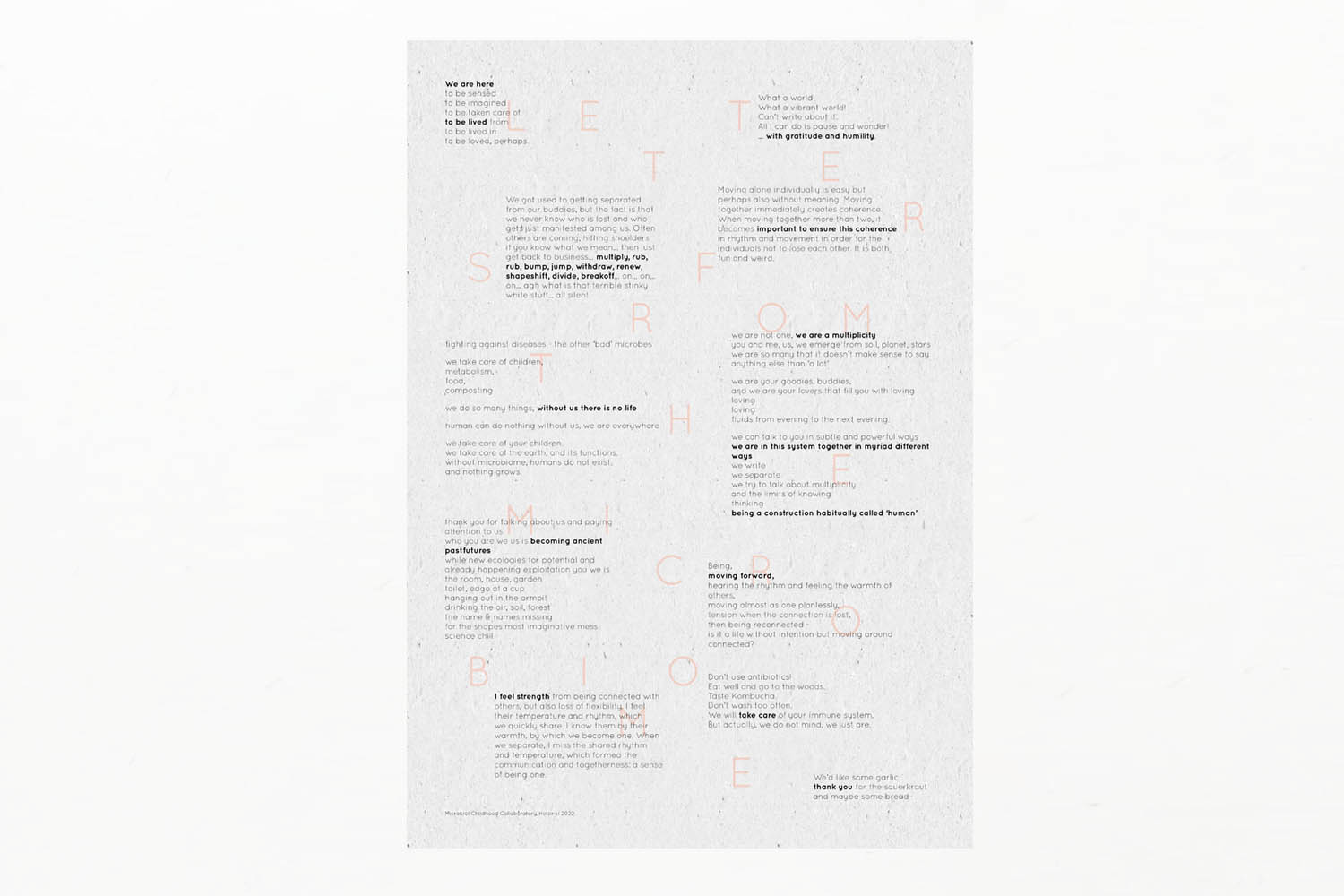
The Microbial Childhood Collaboratory is an interdisciplinary research group experimenting with ideas in a collective manner using slow science principles. The group is composed of a community artist and researchers working on the fields of environmental ecology and health, international relations, sociology, anthropology, childhood studies, social work, and early childhood education.
The project takes a “thinking microbially” approach which means paying attention to biological as well as sensory ecology combining biological and social perspectives. By ‘thinking microbially’, we connect current social and political theorizing with biological and ecological knowledge about the child and childhood. We also work with metaphors of the cellular level of the human microbiome and immune function in parallel with the grand scale of the concept of Gaia (Earth organisms) and seek to rapture the self/other division from this perspective.
The aims of our exploration are to take seriously in childhood research and practice the biosocial child as an ecosystem or ecology and as part of microbial and biospheric communities sustaining life and affording agencies. This work also necessitates – and joins others – in re-envisioning the ethics and politics of childhood related fields, including early childhood care, pedagogy and practice.
By combining science, art and activism, a Microbial Childhood Glossary, community artwork, and a new model for intergenerational future-making, we seek to enliven childhood studies, political activism and practice to navigate contemporary challenges and opportunities in the wider Nordic society and beyond.
7 Exercises for Sensing the Microbiome
Helsinki, October 2022
“Bodies are interconnected microbial ecosystems, living and breathing habitats of tiny organisms. Bodies of cities, humans and nonhumans – all sorts of people, places and things have their own microbiomes. The microbial profile of cities may change, but microorganisms in our gut are also quite different from the ones that are in our nose, mouth, or on our skin, still inseparable from our environment, telling stories about where we live or have been. As such, our microbiome is a combination of all the interactions we have ever made in our life, making us microbially unique but interconnected.”
During our first onsite meeting in Helsinki, we mapped the urban microbiome with the help of sensory practices, as well as cultures and petri dishes, and grew our collective microbiome.
Collaboratory members: Zsuzsa Millei (Tampere University, Finland), Sarah Alminde (Roskilde University, Denmark), Asta Breinholt (Roskilde University, Denmark), Eva Bubla (Artist / Activist, Hungary), Mira Grönroos (University of Helsinki), Riikka Hohti (University of Helsinki, Finland), Stefanie Fishel (University of Sunshine Cost, Australia), Sami Keto (University of Oulu, Finland), Nick Lee (University of Warwick, UK), Parinaz Poursafa (Tampere University, Finland, Marja Roslund (Natural Resources Institute, Finland), Erika Saarivara (University of Lapland, Finland), Spyros Spyrou (European University, Cyprus), Tuure Tammi (University of Oulu, Finland), Hanne Warming (Roskilde University, Denmark), Tampere Municipality, Elli Rasimus, Director of Early Childhood Education
